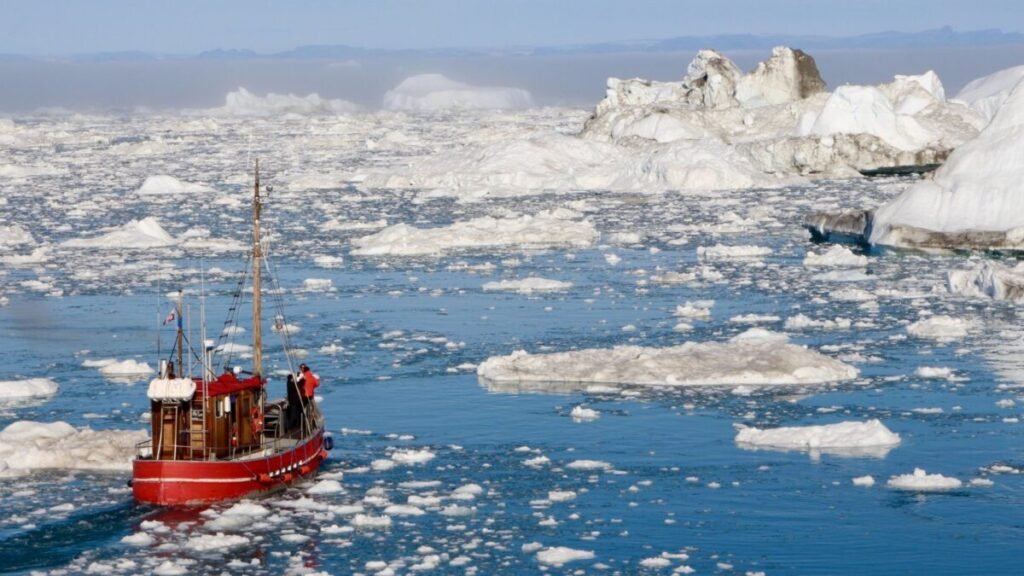The Arctic’s Winter Vanishing Act: Scientists Issue Chilling Warning Following Failed Mission

Arctic Winter Melt: A Startling Warning from Scientists
A team of British scientists traveled to the Arctic with a clear objective: to study the recent winter snow. But what they found was an alarming reality. Instead of a cold environment, they encountered puddles, rain, and bare tundra. This unexpected experience has raised all alarms about the real speed of global warming in polar regions.
Rain instead of snow: a winter that is no longer winter
The expedition, led by Queen Mary University of London, barely managed to collect a sample of fresh snow in two weeks. Most of the precipitation came in the form of rain, something unprecedented at that time of year. Laura Molares Moncayo, one of the researchers, confessed that not only disrupted the mission but also questioned the safety of winter fieldwork in such a changing climate.
The team was forced to rethink its methodology, as even snowmobiles were getting stuck in muddy and unstable terrain.

Unrecognizable Arctic landscape: “it was surreal”
James Bradley, professor of Environmental Sciences, described the experience as “shocking and surreal.” Thick layers of snow disappeared in a matter of days, revealing bare ground and immense puddles. The team, prepared for an icy environment, encountered an unrecognizable Arctic.
This extreme melting could trigger a domino effect: more soil exposure, increased microbial activity, and greater release of , further accelerating the .
Winter is no longer safe: risk for ecosystem and communities
Scientists warn that this winter thaw has catastrophic consequences for the . It affects everything from the carbon cycle to the survival of cold-adapted species. Additionally, permafrost thaw could release even more trapped pollutants gases over millennia.
They also warn about the direct impact on indigenous communities, whose infrastructure, transportation, and emergency response depend on a reliable and predictable winter.

Urgent Appeal: More Monitoring and Realistic Climate Policy
“The Arctic is changing faster than current climate policy can handle,” Dr. Bradley stated. Therefore, the team demands more investment in monitoring the Arctic winter, a season that is already behaving critically and differently.
Without solid data on what is happening in the heart of winter, they warn, there will be no way to anticipate or mitigate the global effects of an Arctic melting at a rapid pace.






